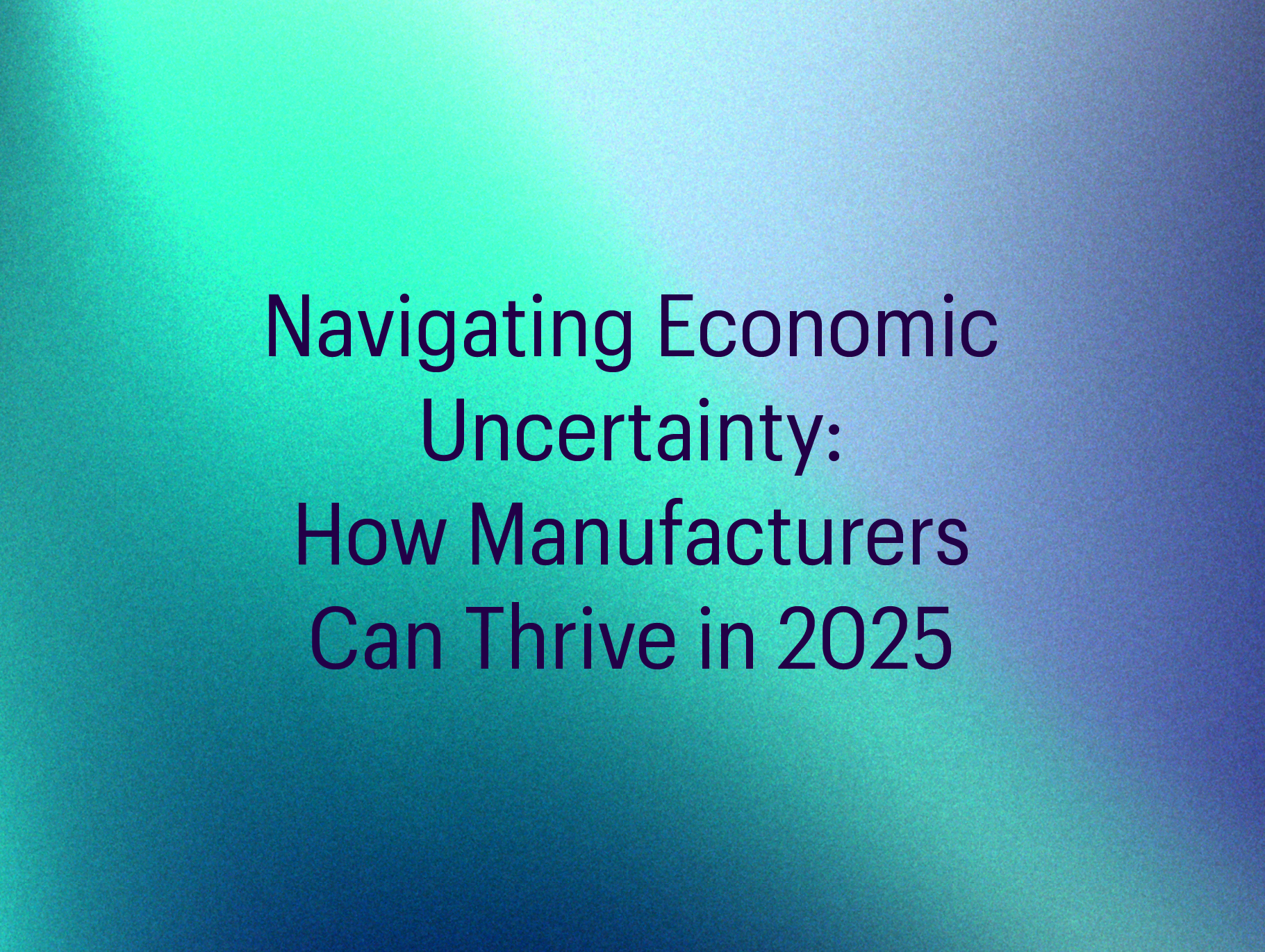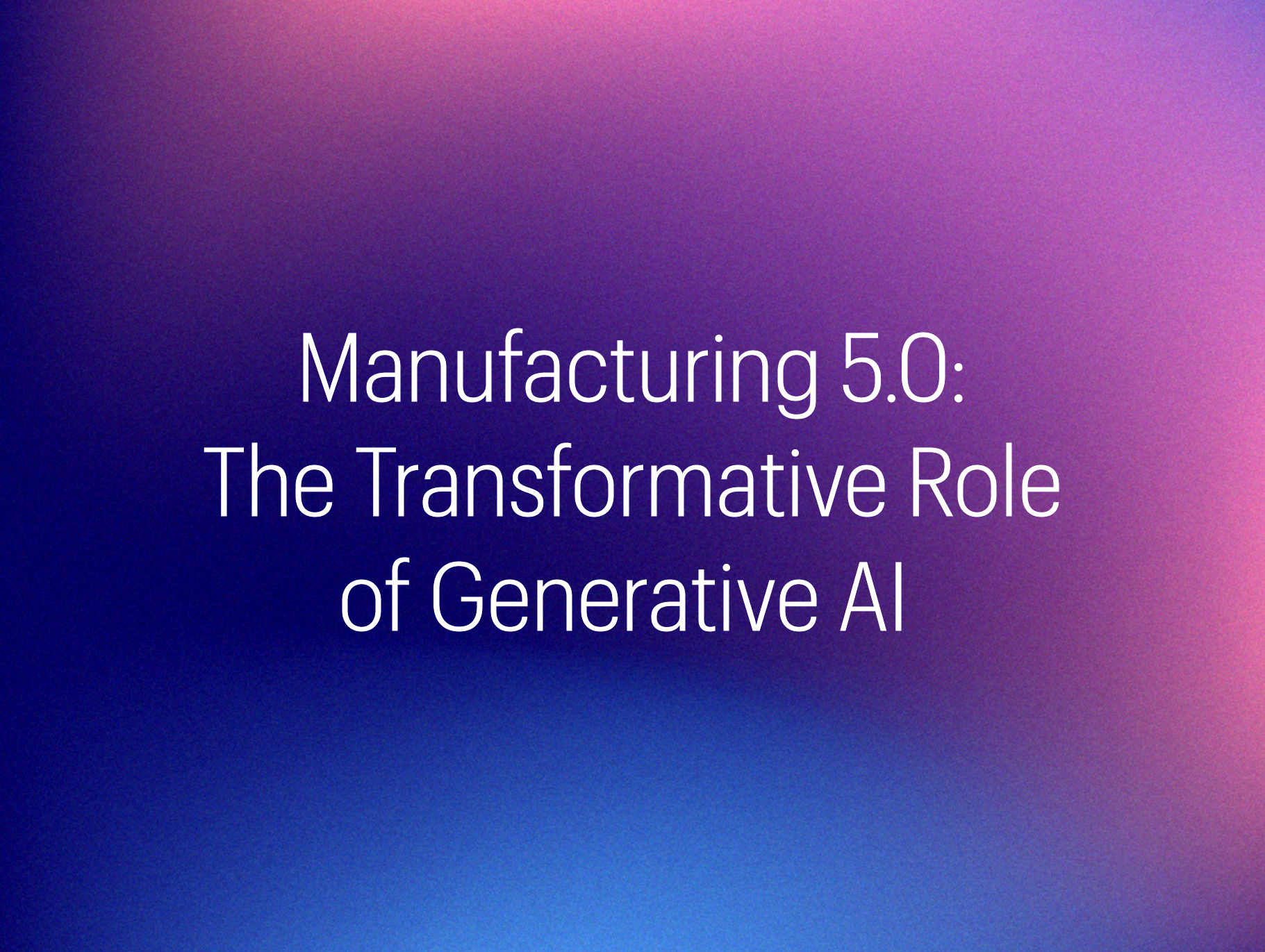Over the past decade, retail has been transformed by digital innovation, shifting consumer behavior, economic uncertainty, and intensifying competition. Customers now expect seamless omnichannel experiences, personalized engagement, and real-time interactions. At the same time, retailers face rising acquisition costs, fragmented data, inflation, supply chain challenges, and mounting margin pressure. In this environment, marketing analytics has become essential. It powers data-driven decisions across hyper-personalized campaigns, always-on budgeting, and omnichannel strategy. By turning complexity into clarity, it helps brands optimize spend, sharpen targeting, and drive meaningful growth. Whether you lead a D2C brand, an online marketplace, or a physical store network, marketing analytics is the engine behind smarter and faster decision-making.
Smart Tools, Poor Outcomes: What’s Going Wrong?
Even the most advanced analytics setup can fail to deliver if common pitfalls aren’t avoided. These blind spots often limit the potential impact of data-driven strategies and can mislead decision-makers. Here’s what to watch out for:
-
Relying on Last-Click Attribution Alone
Attributing success only to the final touchpoint ignores the influence of upper-funnel channels like video, influencers, or organic search. Without multi-touch attribution, brands risk underinvesting in demand-building tactics.
-
Chasing Vanity Metrics
High impressions or likes don’t guarantee conversions. Metrics like customer lifetime value, incremental revenue, and conversion rate offer a truer picture of performance and ROI. Marketers must distinguish between engagement and effectiveness. Over-reliance on vanity metrics risks misallocating budget and celebrating performance that doesn’t drive the business forward.
-
Siloed Data & Teams
When data lives in isolated systems and teams operate independently, insights lose power. Unified data environments and cross-functional collaboration are essential for turning analysis into action.
-
Automation Without Oversight
AI can accelerate decisions, but it needs guardrails. Without human oversight, automation can misallocate spend, target the wrong segments, or deploy off-brand creatives.
-
Neglecting Creative Quality
Even the best data models can’t fix uninspiring content. Analytics can guide targeting, but great campaigns still rely on strong messaging and design. Without compelling creatives, even well-targeted campaigns fall flat.
How Marketing Analytics Powers Modern Retail
By connecting the dots across every customer interaction, from store visits and product views to email clicks and social media engagement, retailers can unlock deeper insights into behavior and intent. Marketing analytics makes this possible by helping brands interpret signals in real time and act on them with purpose. It is no longer just about reporting outcomes. Today’s analytics enable precise personalization, smarter budget allocation, and proactive marketing that evolves with the customer. The result is a more focused, effective strategy that drives both performance and long-term growth.
Marketing analytics empowers retailers to:
- Segment Customers and Track Lifecycle Stages: Identify high-value audiences and engage them with messaging based on where they are in the journey.
- Attribute Campaign Performance and Measure ROI: Pinpoint the marketing efforts that lead to conversions and optimize investment across touchpoints.
- Benchmark Channel Effectiveness: Understand how each platform performs, and shift spend toward the ones delivering stronger results.
- Run Marketing Mix Models and Optimize Budgets: Simulate different spend scenarios and prioritize investments that generate measurable outcomes.
- Analyze Promotion Impact and Price Sensitivity: Tailor offers to customer segments without compromising long-term margin or brand equity.
Why It Matters More Than Ever
The past half‑decade has turned retail into a high‑velocity, data‑rich arena where every decision is scrutinized for its impact on growth and margin. Against this backdrop, marketing analytics has evolved from a nice‑to‑have dashboard into the central nervous system that connects strategy, execution, and measurement. The following five forces show why.
-
Omnichannel Complexity
Customers now move fluidly across platforms, from social feeds and mobile apps to physical stores. Without integrated analytics, touchpoints remain fragmented, making attribution difficult and messaging inconsistent. A unified view ensures a seamless customer experience and more accurate decision-making.
-
Personalization at Scale
Generative AI can generate content quickly, but relevance comes from data. Predictive models help identify the next-best action for each customer, enabling timely, personalized outreach that improves engagement without overwhelming the audience.
-
Rising Customer Acquisition Costs (CAC)
With media costs rising and data privacy tightening, efficient acquisition is harder than ever. Analytics helps optimize every dollar by focusing on high-LTV segments and identifying what truly drives conversions.
-
Short Attention Spans
In a scroll-first world, brands have seconds to capture interest. Real-time testing and optimization platforms ensure creative assets perform better, turning quick impressions into action.
-
Margin Pressures
Inflation, supply challenges, and discount fatigue are squeezing profitability. Analytics connects every campaign to revenue, gross margin, and lifetime value, helping brands invest in what delivers real business impact.
Together, these forces explain why marketing analytics is not just a measurement tool. It is the decision-making layer behind effective, responsive, and profitable retail marketing.
We at MathCo helped our global retail client improve customer retention and engagement by leveraging Customer Lifetime Value (CLTV) modeling to guide smarter marketing decisions. By identifying high-value segments and tailoring campaigns accordingly, the brand achieved significant improvement in marketing ROI and long-term loyalty. Read the full story to see how data-driven strategies translated into measurable impact.
Smarter, Faster, Fairer: The Future of Marketing Analytics
Marketing analytics is entering a new phase driven by intelligence, speed, and responsibility. As retail continues to evolve, analytics is becoming central to how brands create, adapt, and build trust.
Generative AI is transforming the creative process, enabling marketers to test countless ad and content variations quickly. This rapid experimentation keeps campaigns relevant while meeting growing content demands. Alongside this, predictive and prescriptive analytics help teams move from reacting to planning. By forecasting behavior and recommending next steps, these tools guide smarter decisions and better outcomes.
Access to insights is expanding beyond analysts. Conversational analytics tools allow non-technical teams to query data in real time, making decisions faster and more informed. As organizations become more data-literate, their marketing becomes more agile.
Ethical data use is also gaining importance. Retailers must prioritize consent, transparency, and fairness to maintain customer trust. Finally, hyper-personalization is raising the bar. With behavioral and contextual data, brands can deliver messaging that feels personal and timely.
The next generation of retail leaders will be defined by how well they apply intelligence and build customer loyalty. Those who turn insights into meaningful action will stay relevant, trusted, and ahead of the curve.


